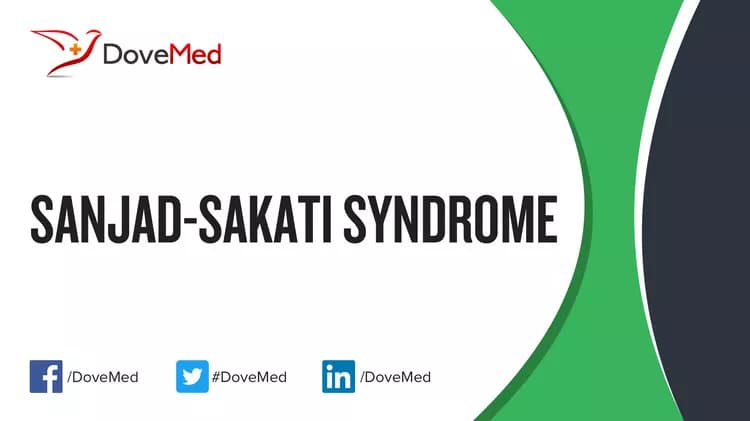The topic Sanjad-Sakati Syndrome (SSS) you are seeking is a synonym, or alternative name, or is closely related to the medical condition Kenny-Caffey Syndrome Type 1.
Quick Summary:
- Kenny-Caffey Syndrome Type 1 (KCS-1) is a rare congenital disorder caused by mutation(s) in the TBCE gene. It is characterized by growth retardation and thickening of long bones in the limbs. The disorder is inherited in an autosomal recessive fashion
- Since KCS-1 is a genetic disorder, having a positive family history is a major risk factor for being diagnosed with the disorder. Additionally, individuals with parents who are close blood relatives, may be at risk
- A low birth weight, hypoparathyroidism at birth, bone and skull abnormalities, small hands and feet, low serum calcium levels, and abnormal facial features are some of the other symptoms of Kenny-Caffey Syndrome Type 1
- A physical examination, evaluation of symptoms, assessment of family medical history, examination of prominent bones using X-rays, and molecular genetic testing are often useful in making an accurate diagnosis of KCS Type 1
- There is currently no cure for Kenny-Caffey Syndrome Type 1. However, calcium and vitamin D supplements may help the affected individuals manage the symptoms of the condition better
- The prognosis of Kenny-Caffey Syndrome Type 1 is determined by the severity of the disorder. Many children born with KCS succumb by early infancy, due to the various complications and bone deformities that arise from the disorder
- Presently, Kenny-Caffey Syndrome Type 1 is a genetic disorder that cannot be prevented. However, pre-pregnancy screening, especially among blood-related couples, may help in planning for a child. It can also provide an understanding of the potential risks involved with respect to KCS-1 better
Please find comprehensive information on Kenny-Caffey Syndrome Type 1 regarding definition, distribution, risk factors, causes, signs & symptoms, diagnosis, complications, treatment, prevention, prognosis, and additional useful information HERE.
Related Articles
Test Your Knowledge
Asked by users
Related Centers
Related Specialties
Related Physicians
Related Procedures
Related Resources
Join DoveHubs
and connect with fellow professionals


0 Comments
Please log in to post a comment.